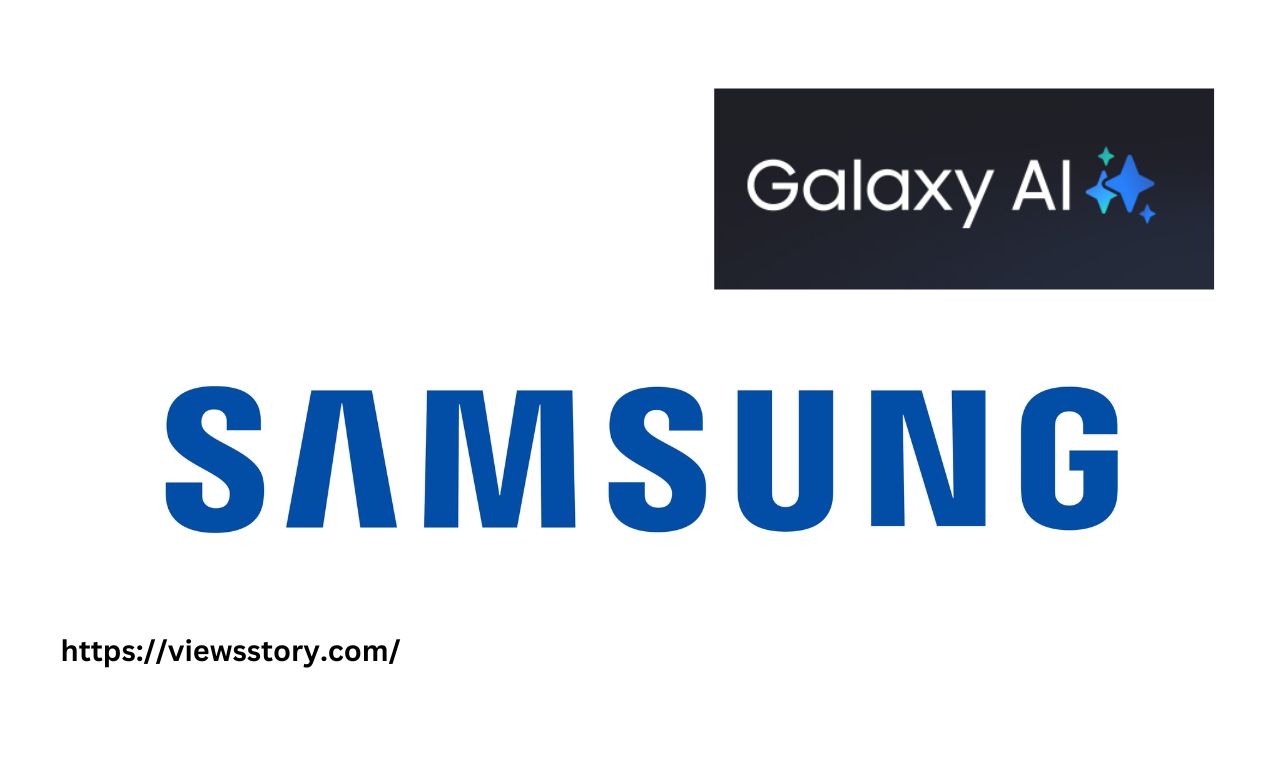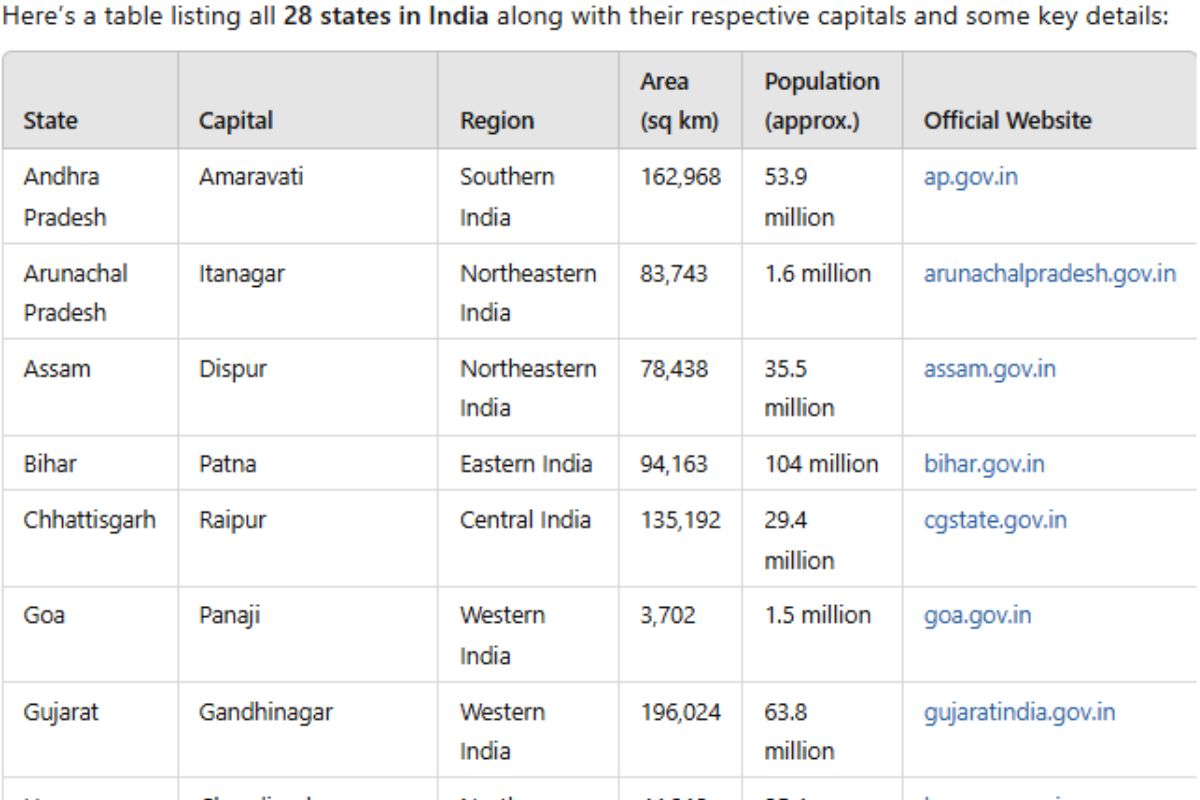Samsung, a global conglomerate headquartered in South Korea, has established itself as a leader in industries ranging from electronics to shipbuilding and construction. As of 2024, Samsung’s dominance in technology, consumer electronics, and semiconductors has continued to grow, making it one of the wealthiest corporations in the world. This article provides a deep dive into Samsung’s net worth, business operations, global impact, and financial success in 2024.
Early History of Samsung
Founding and Early Years (1938-1960s)
- Founded by Lee Byung-chul in 1938, Samsung began as a modest trading company in Daegu, Korea.
- Initially focused on exporting fish, vegetables, and noodles to China, the company expanded into insurance, textiles, and retail throughout the 1940s and 1950s.
- By the 1960s, Samsung had developed into a leading industrial group in South Korea, diversifying into new markets.
Entry into Electronics (1969-1980s)
- In 1969, Samsung made a pivotal move into the electronics market by establishing Samsung Electronics. Its first product was a black-and-white television, which laid the foundation for its later expansion into advanced technologies.
- By the late 1970s, the company was producing refrigerators, air conditioners, and washing machines, solidifying its position in the consumer electronics industry.
- The 1980s saw Samsung enter the semiconductor industry, making it a key player in the global electronics market.
Current Life of Samsung
Global Technology Giant (1990s-Present)
- Samsung’s modern reputation is anchored in its production of smartphones, TVs, home appliances, semiconductors, and other electronic devices.
- The Galaxy smartphone series launched in 2009, has been a massive success, positioning Samsung as the main competitor to Apple.
- In 2024, Samsung continues to dominate the smartphone and electronics market, with significant growth in its foldable smartphone segment, QLED/OLED televisions, and 5G technology.
Samsung’s Subsidiaries
- Samsung Electronics: The largest and most profitable subsidiary, accounting for the majority of the company’s revenue.
- Samsung Heavy Industries: A global leader in shipbuilding.
- Samsung Life Insurance: One of the largest life insurance companies in South Korea.
- Samsung C&T Corporation: Operates in construction and trading, and is responsible for several iconic structures like the Burj Khalifa and Petronas Towers.
Financial Overview of Samsung in 2024
Net Worth of Samsung in 2024
As of 2024, Samsung’s net worth is estimated at $550 billion(55000 crore in rupees), a significant increase from previous years. This valuation encompasses the company’s electronics division, semiconductor production, shipbuilding, and construction ventures.
- Samsung Electronics, which is a key driver of the company’s success, has a market capitalization of over $450 billion alone.
RELETED: Genelia Deshmukh’s Net Worth
Key Financial Figures
- Annual Revenue (2023): Over $245 billion, with substantial profits derived from semiconductors, smartphones, and display panels.
- Market Capitalization: As of 2024, Samsung’s market cap stands at approximately $550 billion, solidifying its place among the world’s top 10 most valuable companies.
- Assets: Samsung’s total assets exceed $380 billion, including its electronics division, real estate, and manufacturing plants.
- Operating Income: Samsung reported an operating income of $35 billion in 2023, largely driven by its semiconductor and smartphone sales.
RELETED: Eminem’s Net Worth
Categories of Samsung’s Operations
1. Electronics Industry Dominance
- Smartphones: Samsung’s Galaxy series, including the new Galaxy Fold and Galaxy Z Flip models, continues to compete fiercely with Apple.
- Semiconductors: Samsung is the world’s largest producer of memory chips like DRAM and NAND, providing critical components to major tech companies globally.
- Home Appliances: Samsung remains a leader in consumer electronics, producing smart refrigerators, washing machines, and televisions. Its cutting-edge QLED/OLED TVs are among the most sought-after in the market.
RELETED: Net Worth of Lisa
2. Construction and Shipbuilding
- Samsung Heavy Industries: Specializes in the construction of oil rigs, ships, and offshore platforms. It is one of the world’s top shipbuilders.
- Samsung C&T: Responsible for some of the most iconic structures worldwide, including the Burj Khalifa, Taipei 101, and Petronas Towers. The company is also heavily involved in infrastructure development across Asia and the Middle East.
3. Emerging Technologies
- Artificial Intelligence (AI): Samsung is investing billions in AI research, aiming to incorporate smart technology into its devices, from smartphones to home appliances.
- 5G Technology: A key player in the rollout of 5G networks globally, Samsung is leading the charge in the development of faster, more reliable connectivity.
- Electric Vehicles (EV): Samsung is exploring opportunities in the electric vehicle industry, providing battery technology and autonomous driving systems for the next generation of vehicles.
RELETED: Riteish Deshmukh’s Net Worth
Growth and Innovation Strategies
1. Heavy Investment in Research and Development
- Samsung spends approximately $18 billion annually on R&D, making it one of the most innovative companies in the world.
- The company is focusing on next-generation technologies such as AI, blockchain, IoT (Internet of Things), and quantum computing.
2. Market Expansion
- Samsung continues to expand its presence in emerging markets like India and Brazil, where demand for affordable smartphones and consumer electronics is on the rise.
- Its semiconductor business is also set to grow, as Samsung supplies components to tech giants like Apple, Sony, and Huawei.
Samsung’s Global Impact
Economic Contribution to South Korea
- Samsung accounts for nearly 20% of South Korea’s GDP, making it a critical player in the nation’s economy.
- The company has been at the forefront of job creation, employing over 300,000 people globally and contributing significantly to South Korea’s technological and industrial growth.
Competitors
- Apple: Competes in the smartphone and consumer electronics sectors.
- TSMC: Samsung’s main competitor in the semiconductor industry.
- LG Electronics: Competes in home appliances and consumer electronics.
Conclusion
Samsung’s journey from a small trading company to a global technology leader is a testament to its ability to adapt, innovate, and lead. With a net worth of $550 billion in 2024, Samsung remains a dominant force in various industries, including electronics, semiconductors, shipbuilding, and construction. The company’s relentless focus on research, innovation, and market expansion ensures its continued success in the future.






